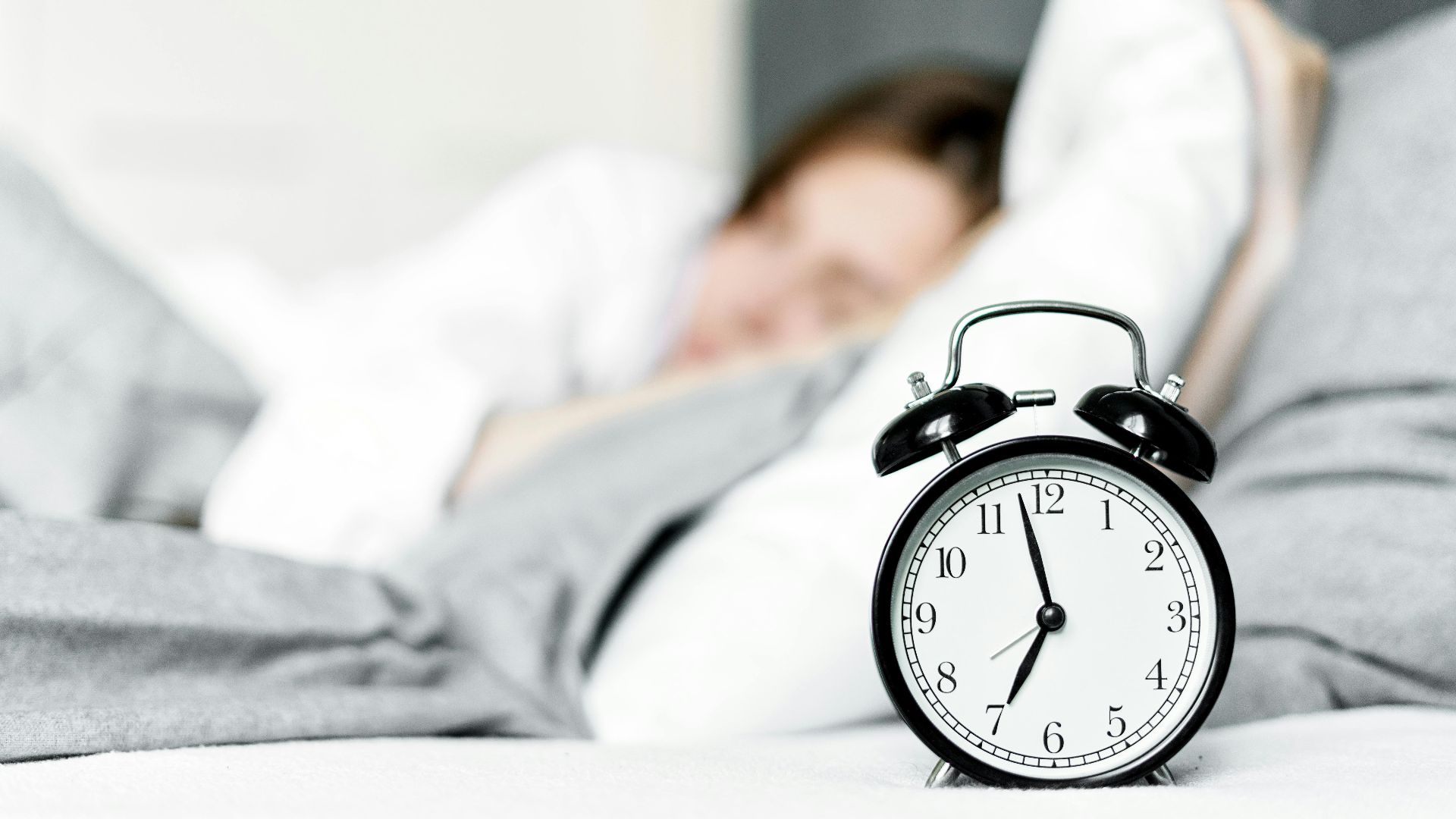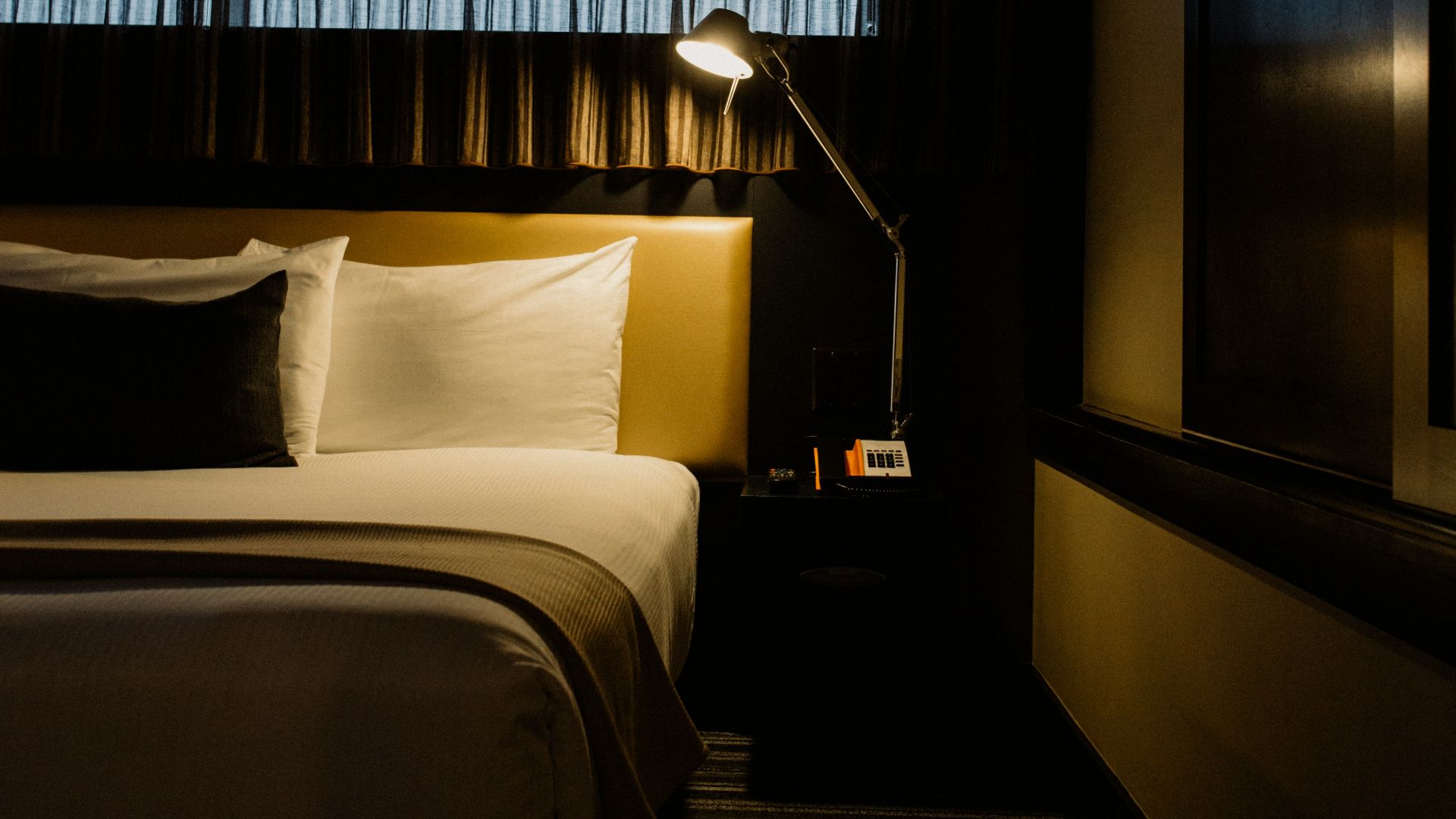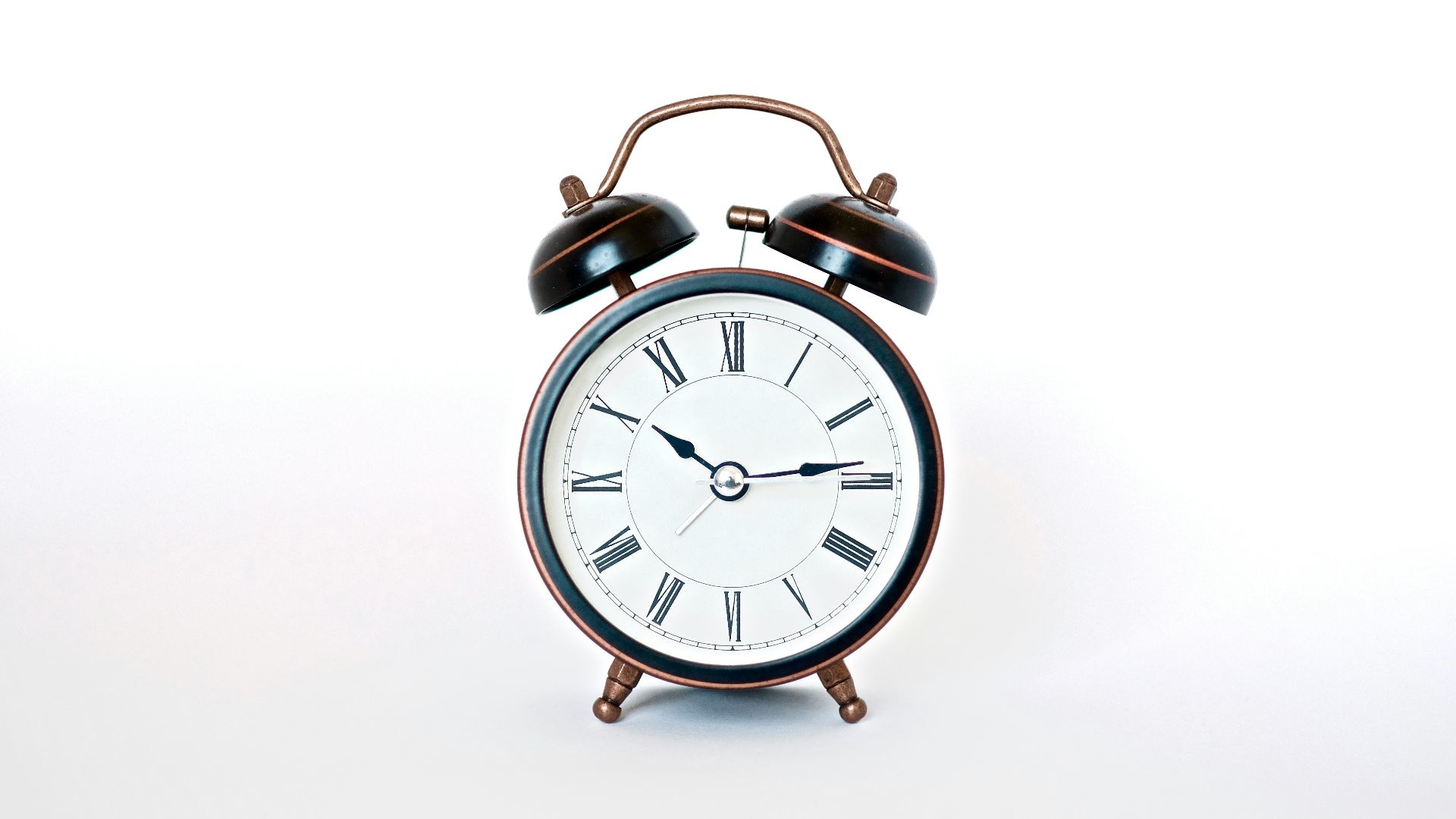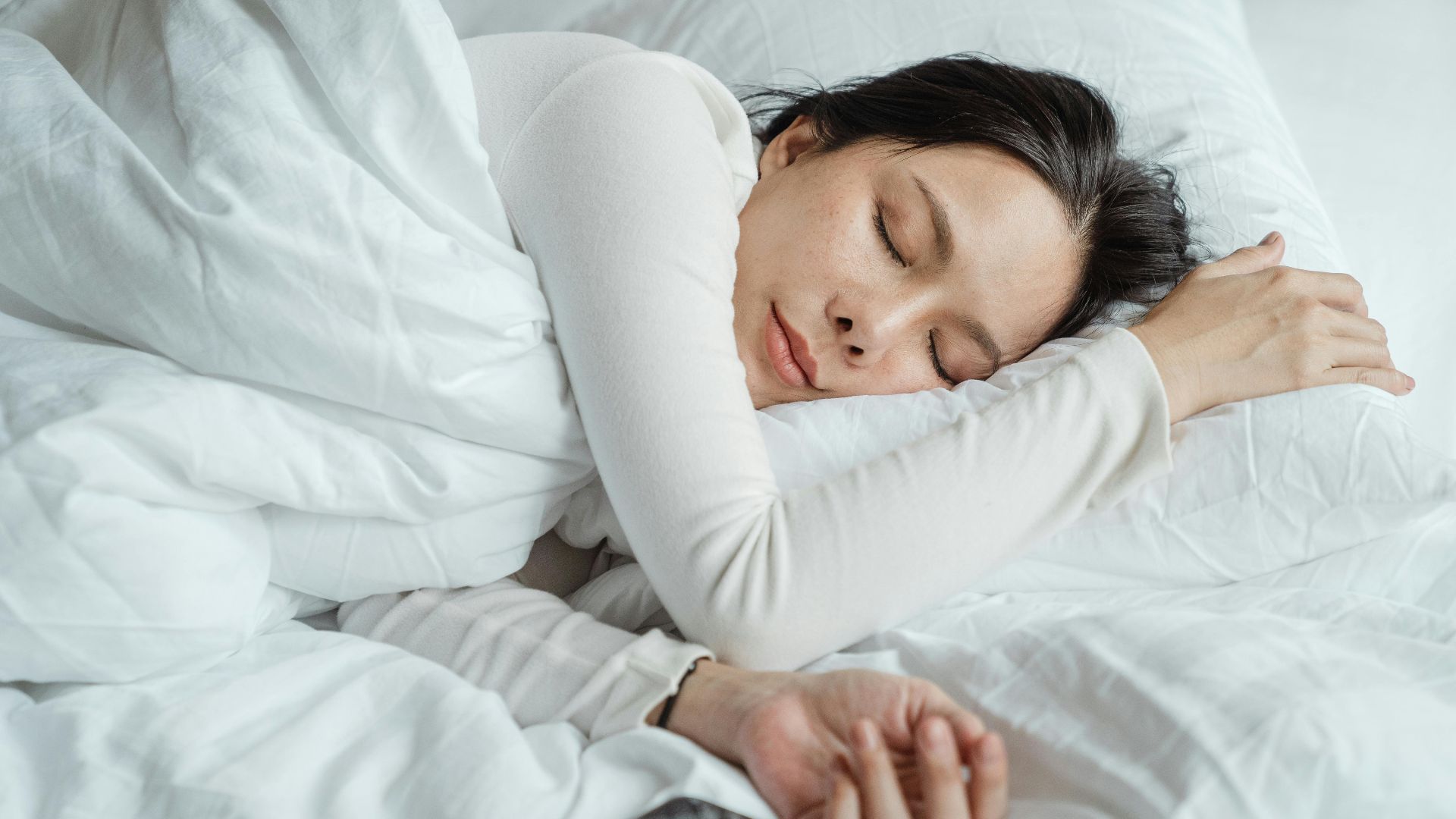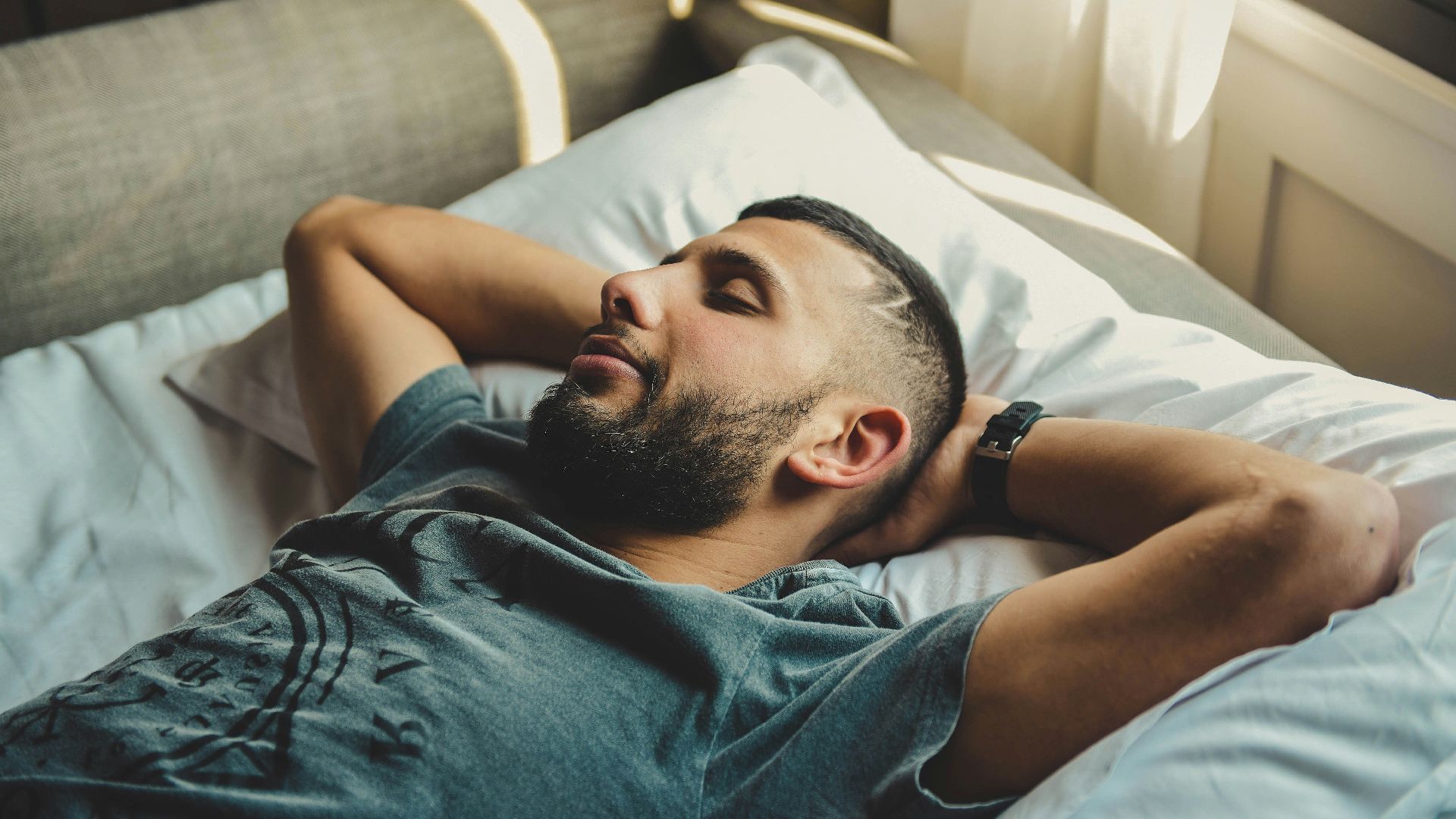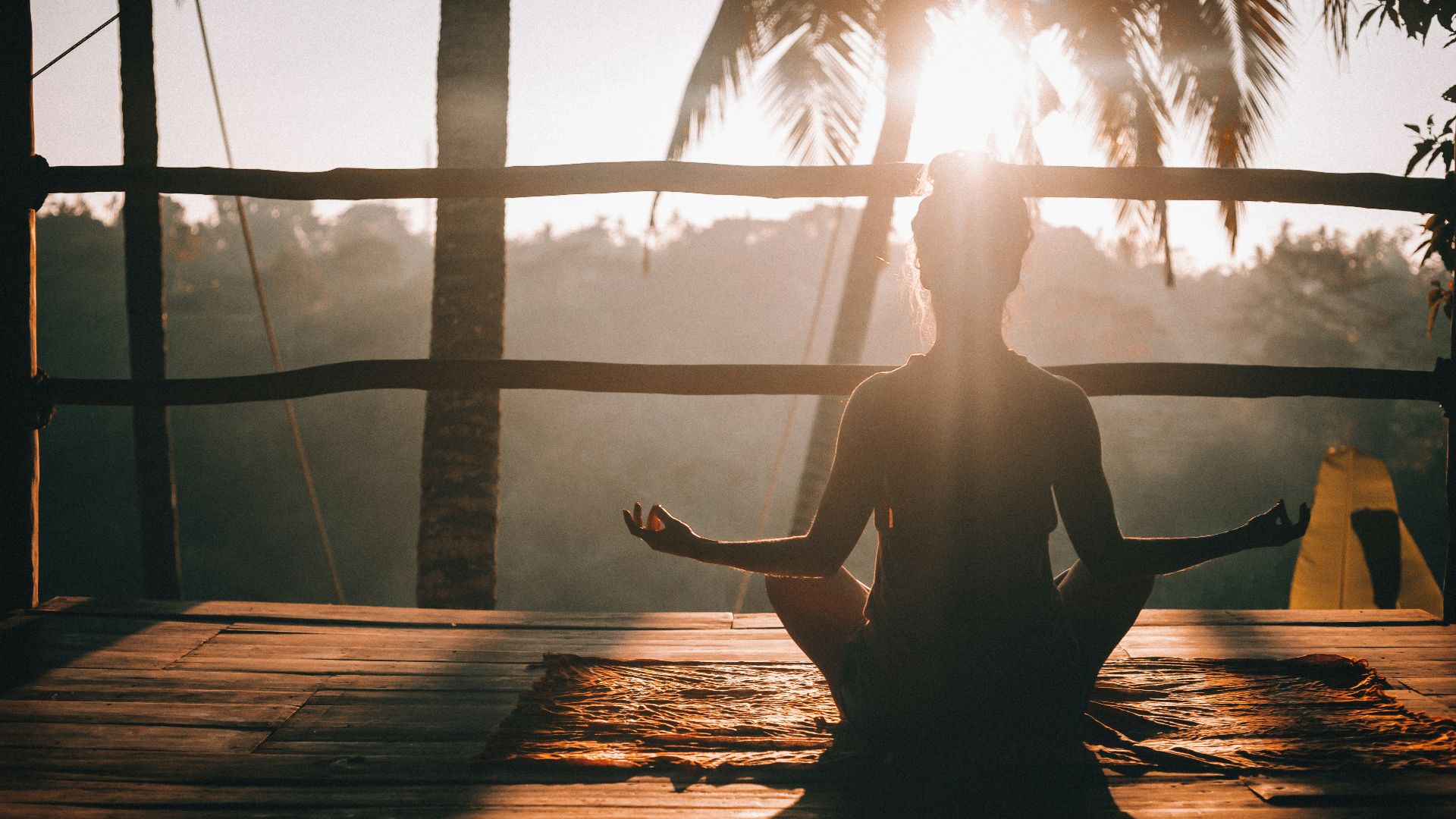Why Your Internal Clock Is Off-Beat
Your circadian rhythm is your body's internal clock, which tells you when it's time to be awake and when it's time to go to sleep. But many things can disrupt it and throw it off-course (think too much screen time and an inconsistent sleeping schedule), which can make it harder for you to fall asleep at night or be alert in the morning. Thankfully, getting it back on track is simpler than you might think. Here are 10 things that hurt your circadian rhythm—and 10 things that help reset it.
1. Too Much Screen Time
Are you often scrolling on your phone late into the night, or telling yourself you'll just watch "one more episode" of your favorite TV show? If you're constantly getting too much screen time, you could be messing up your circadian rhythm, which may explain why you may occasionally experience sleepless nights.
2. Heavy Late-Night Meals
Sure, sometimes you can't help but munch on calorie-heavy comfort foods, such as chips, burgers, and pasta, before bed (or even in the middle of the night). But because these greasy eats need time to digest, you'll likely experience acid reflux or heartburn if you try to hit the hay right away. Plus, going to sleep soon after your snack or meal session means you'll be storing those extra calories as fat than burning them off throughout the day.
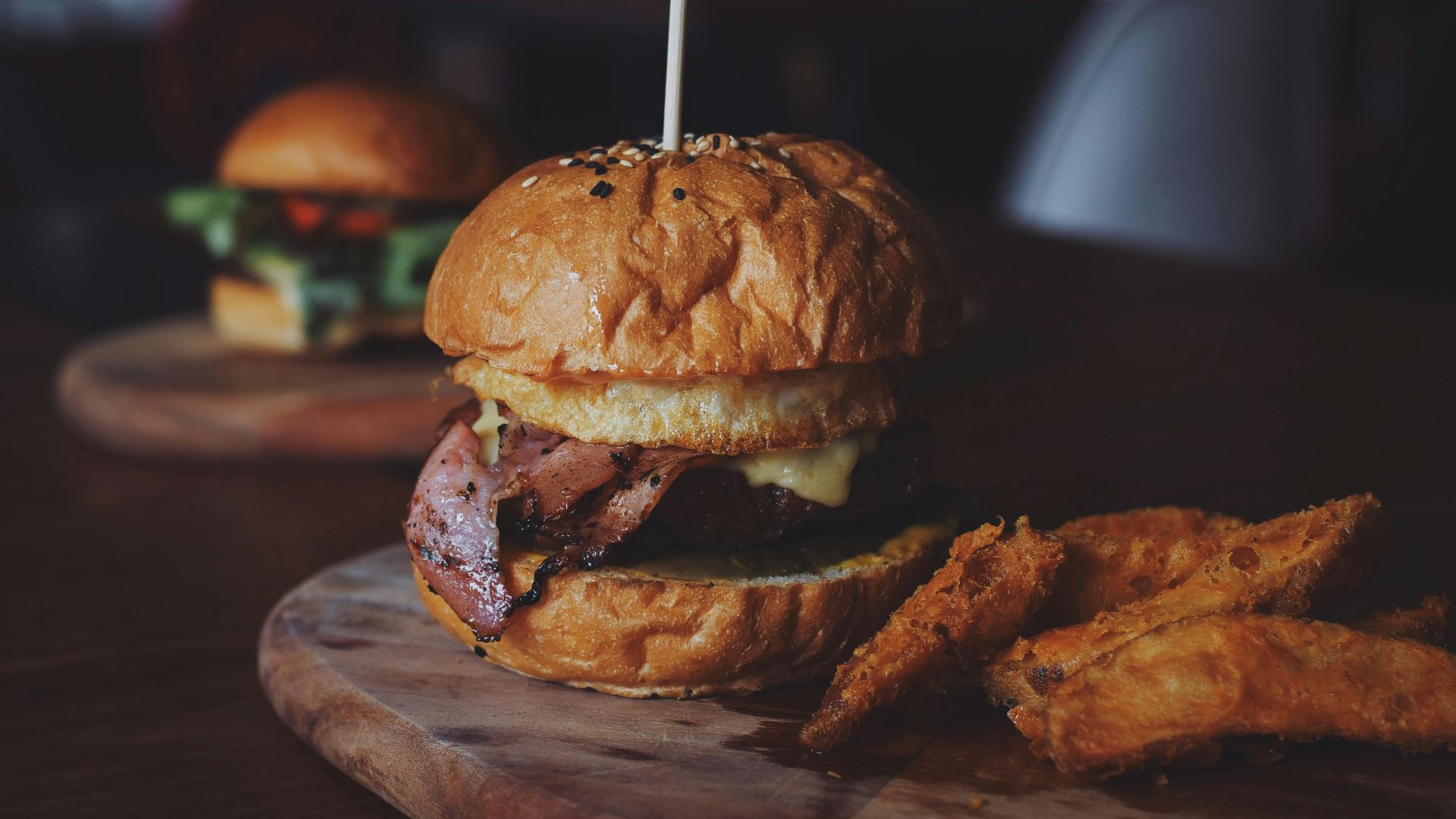 Chevanon Photography on Pexels
Chevanon Photography on Pexels
3. Not Getting Enough Sunlight
Being cooped up in a dark room under cozy blankets might sound like a great way to relax and unwind, especially on your days off, but if you're not regularly getting sunlight throughout the day, you could be hurting your body's internal clock. After all, it's not helpful when 7AM and 7PM look the same in a dimly lit room.
4. Inconsistent Sleeping Schedule
You should be sleeping at the same time every day and waking up at the same time every morning. If your schedule is inconsistent and constantly changes, your circadian rhythm will be affected because your body's internal clock doesn't know when to be active and when to wind down.
5. Sleeping in on the Weekends
To build on the previous point, if you tend to sleep in on the weekends, you'll probably find that it's harder to stick to your normal wakeup time on the weekdays. That's because, again, your body's internal clock isn't sure when your brain should be awake and active and when it should rest. This means you'll feel sleepy when you shouldn't, and not sleepy when you should.
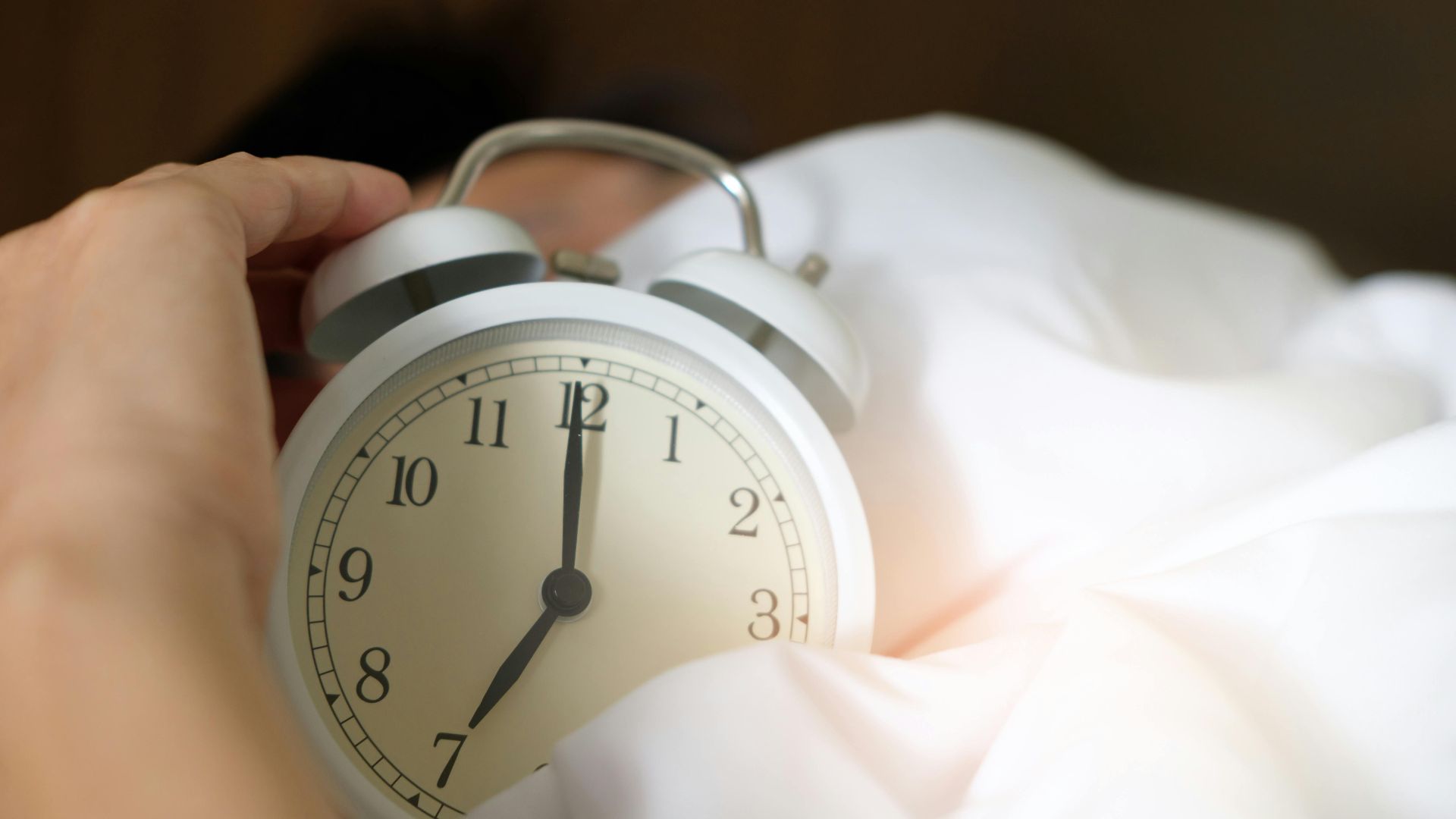 Acharaporn Kamornboonyarush on Pexels
Acharaporn Kamornboonyarush on Pexels
6. Graveyard Shifts
Do you work graveyard shifts? If so, it might explain why your circadian rhythm is unnatural. After all, you're awake and active when it's dark, and sleeping when the sun is beaming. People who work outside the traditional nine-to-five often experience shift work sleep disorder, which may result in insomnia or hypersomnia (excessive sleepiness).
7. Traveling Across Different Time Zones
When you travel across different time zones, you'll often experience jetlag—a mismatch between your regular sleeping hours and a new one, which disrupts your internal clock. Jetlag is usually more prominent when flying eastward, as your body often finds it easier to stay up later than to sleep earlier.
8. Caffeine Too Late in the Day
A cup of Joe may be just what you need to kickstart your morning and feel alert, but if you're still nursing your mug of caffeine late in the day, you might experience sleep problems at night. A good rule of thumb is to stop drinking caffeinated beverages at least six to eight hours before bed, or around 2PM.
9. High Anxiety & Stress
Are you constantly keeping your brain on high alert by worrying excessively about things you can't control? Or maybe you're under immense pressure at work, and all that stress is keeping you wide awake. Whatever is causing you to feel all tensed up, just know that high cortisol levels can hurt your circadian rhythm, so it's best to start self-care exercises—think journaling or yoga—that help you wind down.
10. Nightcaps
You might think a nightcap before bed will help you sleep soundly, but think again. While alcohol may make you feel drowsy initially, it'll end up disrupting deep REM sleep, and you'll likely wake up in the middle of the night. Make it a habit, and you might mess up your internal clock even more.
What, then, are better habits to set that help naturally reset your circadian rhythm? Here are 10 tips to follow.
1. Get Ample Sunlight Throughout the Day
As mentioned earlier, it's important to get enough sunlight throughout the day (or just natural light in general), as this helps your body understand when to be awake and active and when to wind down. If you're always cooped up inside all day, you're more likely to mess up your circadian rhythm even more.
2. Consistent Sleeping Schedule
We know—it's tempting to stay up later and sleep in on the weekends, but if you're following an inconsistent sleeping schedule, you'll find it harder to wake up and fall asleep at regular times on weekdays. To make sure your internal clock is always up to speed, set a sleeping routine and stick to it.
3. Wind Down Routine
Another thing that might help you sleep more soundly at night? Doing a wind-down routine. Instead of scrolling on your phone in bed until you feel sleepy (which you probably won't be), swap your device for a book or listen to some relaxing music instead. Doing calm activities before bedtime helps soothe your brain and promotes drowsiness.
4. Morning Exercise
Still feeling groggy in the morning? Instead of going back to bed, try doing some light stretches or low-intensity exercises to warm your body (and brain) up. Better yet, lay a yoga mat outside so you can soak in all that golden sunlight.
5. Cool, Dark Room
If you're having trouble falling asleep in your particular bedroom, it might have less to do with your circadian rhythm and more to do with your environment. Make sure your room is set to a cooler temperature and that it's dark—you may find it's easier to sleep in that way.
6. No Screens at Night
Another thing worth repeating is making sure to limit your screen time at night. If you find that you're not getting the sleep quality you need, or you're not falling asleep as quickly as you'd like, try turning off all screens at least two hours before bedtime and wind down with a calming activity instead.
7. Avoid Napping
Avoid napping throughout the day. While power naps might help boost your energy after a sleepless night, you don't want to sleep more than 30 minutes at a time. If you do, you'll most likely end up even groggier than you started with, and you might not feel sleepy when evening comes.
8. Avoiding Intense Workouts Before Bedtime
Exercising in the morning may help you feel more alert, but exercising close to bedtime isn't going to make you feel sleepy just because your muscles are tired. In fact, it may have the opposite effect, and you'll end up feeling more awake.
9. Melatonin Supplements
If you're jetlagged or find that other methods don't help, you may want to try a low dose of melatonin. However, it's important to consult your doctor beforehand, especially if you're taking any other medications or have other present health conditions or sleeping issues. Eating fruits that naturally have melatonin in them, like tart cherries, may also help.
 Quaritsch Photography on Unsplash
Quaritsch Photography on Unsplash
10. Ask Your Doctor
If you still find that your circadian rhythm isn't resetting properly or you're having other sleeping problems that disrupt your daily life, make sure to chat with your doctor about it. They can give you a proper examination and diagnosis, and suggest a solution or routine that's tailored to you.
KEEP ON READING

10 Pre-Workout & 10 Post-Workout Tips To Follow



